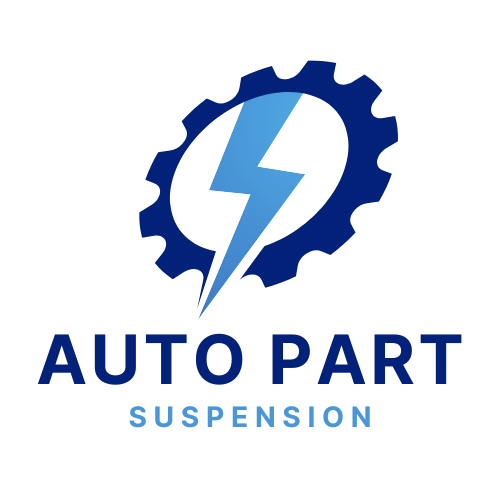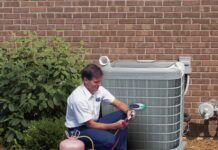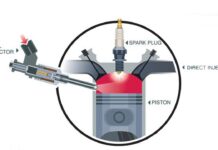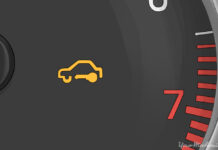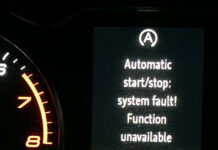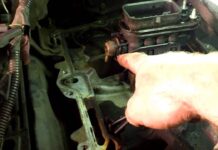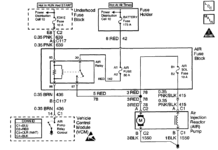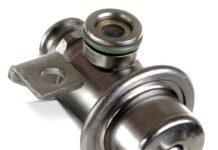What causes low brake fluid? How do I change my brake fluid oil? What is brake hydraulic fluid ?….
What is Brake Fluid and how does it work?
Hydraulic brake fluid, one of the most overlooked fluids within a vehicle, is also one of its most important. Hydraulics play a vital role in the brake system. Hydraulics works at very high temperatures and pressure. If you do not have brake fluid, the vehicle will not stop once you press the brake pedal.
A pressure-increasing liquid is needed to stop a vehicle equipped with hydraulic brakes. The fluid is pressured on the pads as the brake pressure builds up. The pads cause the vehicle slow down and to stop by pressing on the discs attached the the wheel hub. If brake fluid isn’t present, the pressure necessary to stop the vehicle will not be built up.
The brake system becomes less effective when the hydraulic structure begins to deteriorate, or if there is a leak.
What is the cause of low brake fluid?
The brakes are the number one safety feature of your vehicle. The brake lights should always be on if your brakes don’t work.
Let’s look at some of the most common causes for low brake fluid levels.
Worn Brake Pads
Low fluid levels can be caused by the wear of brake pads. The caliper piston will gradually move out of its place as the pads wear. The distance between the disc and the caliper piston is increasing. Printing requires more hydraulics, which can lead to insufficient hydraulics over time. The hydraulic level must always be checked when changing the brake pads. If it is not, it should be replaced.
Brake System Leakage
Leakage of brake fluid is a more serious problem. The hydraulic pressure required for stopping the vehicle is significantly reduced by a leak in the brake centers, brake lines or caliper. A blow to the brakes or wear and tear can lead to leakage.
Checking under your vehicle for hydraulic leaks or the hydraulic fluid reservoir can often reveal them. Start the vehicle, and then depress the brake pedal repeatedly until you are certain there is a leak. If there is a leak, the brake pedal will drop and the hydraulics will leak. Next, perform your inspections. The area around the wheels should also be checked if the brown liquid is not visible. You should inspect brake hoses and calipers. The brake master cylinder is another component that should be checked.
Rusty and damaged brake lines
Over time, many parts of the brake system become worn. Due to salting roads for melting snow and ice, the metal parts of the brake system can rust.
How to Change Brake Fluid
Brake fluid is like oil. Over time, it loses its properties so it must be replaced. Every vehicle should use the correct type and amount brake fluid. Hydraulic that has been contaminated with dirt or other contaminants can cause it to lose its effectiveness.
Brake fluid is typically stored in a transparent reservoir. The transparent reservoir allows you to see the liquid level clearly without having to open the lid. The cap can be opened only if the fluid is being changed. The chamber should not be exposed to air as it can attract moisture into the hydraulic system.
There is no one time that brake fluid should be changed. The vehicle make, driving conditions and manufacturer recommendations will determine the timing of replacement. Check the hydraulic level after every oil change and after 40,000km. It is important to change the oil every 2 years. This will allow you to feel secure knowing your vehicle is being properly maintained and safe to drive.
Mercedes should be replaced every 30,000-30,000 km. He recommends that it be replaced every two years.
Honda and Volkswagen every km. It doesn’t calculate but it recommends that you change it every 3 years.
Chevrolet, on the other hand has 70,000km for each model. He also suggests changing the hydraulic oil.
Ford Escape, Hyundai Elantra, and Toyota Camry are not recommending that you change your brake fluid. It simply states that it should always be checked.
